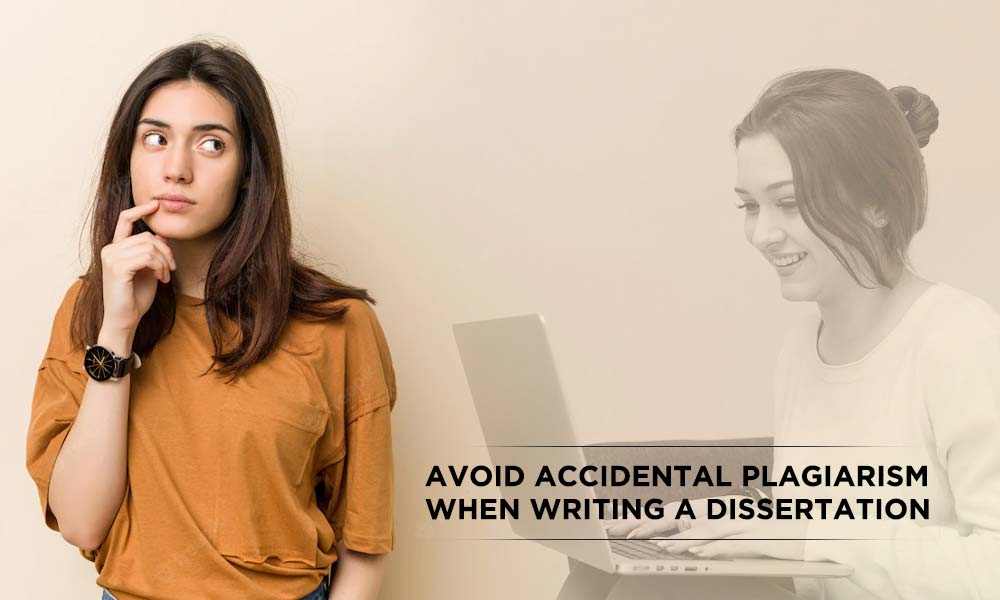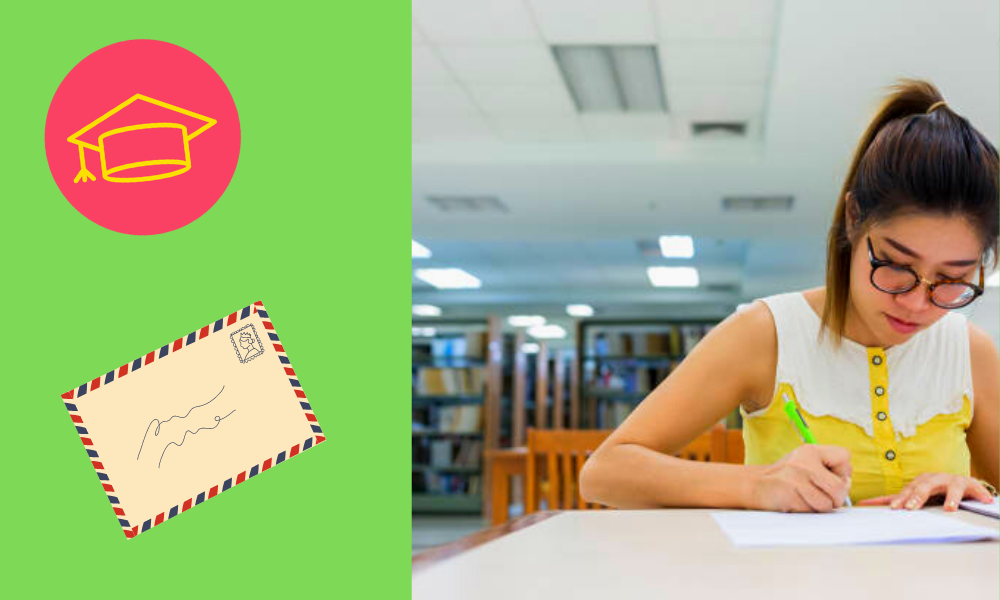How to Avoid Accidental Plagiarism When Writing a Dissertation

For any student writing a dissertation, avoiding accidental plagiarism is of the utmost importance. Unfortunately, it is not always easy to know what constitutes plagiarism and how best to avoid it. Some tips can help to ensure that your dissertation does not contain any plagiarized content.
Plagiarism in Academia
In academic settings, plagiarism can be intentional or unintentional. Intentional plagiarism is when you copy or imitate the work of another without giving credit. Unintentional plagiarism occurs when you fail to properly cite the sources or accidentally copy the words or ideas of another person without realizing it.
Both intentional and unintentional plagiarism can result in serious consequences. They can result in expulsion from school or legal action, depending on the severity. Plagiarism can also damage a person’s reputation and credibility with long-lasting negative effects on their career prospects.
Preventing Accidental Plagiarism
The best way to avoid unintentional plagiarism is by citing all sources used in your dissertation paper properly and accurately. This means creating citations for every source you use, including books, articles, websites, interviews, and more. Additionally, you should make sure that your quotes are accurate.
Even if you are paraphrasing someone else’s work, you should still provide a citation in case your rephrasing could be considered too close to the original text. Finally, double-check all sources before submitting your paper. If something looks like someone else’s work without being properly cited, leave it out altogether or replace it.
If you are unsure how to attribute a source or are struggling with paraphrasing, a dissertation service can help you avoid the consequences of accidental plagiarism. They will ensure that your work is original and properly attributed. It can be used as a supplement to your efforts and hard work to ensure originality.
Plagiarism Detection Software
In addition to proper citation practices, several software programs can detect instances of plagiarism in your dissertation before they become a major issue. These programs compare documents against each other and identify any passages that might have been copied from another source without permission or attribution.
Once the software detects the plagiarized sections, remove them altogether or replace them with unique work before submission. These tools will not necessarily prevent all cases of accidental plagiarism. But they can certainly help catch any potential issues before they become a major problem down the line. Other benefits of plagiarism detection software include the following:
- It can save time
- It can improve the quality of your work
- It can maintain academic integrity
- It can help you learn how to properly cite
Use Quotation Marks
Quotation marks serve to clearly distinguish the quoted material or writing as someone else’s work, and they allow the reader to easily see where the quote begins and ends. Use quotation marks when directly quoting someone else’s work in a dissertation for your essay assignment or other academic paper. If you need guidance for that, the best option is to seek masters assignment help from an expert online writer.
When you use quotation marks, you are indicating that the words within them are a direct quote from someone else’s work rather than your own words. By properly using quotation marks and attributing the source, you can avoid accidental plagiarism. Also, when using quotation marks, it is important to follow the guidelines of the citation style.
Paraphrase Words Carefully
When you restate someone else’s ideas or information in your own words while still conveying the same meaning, it is known as paraphrasing. It is an important way to incorporate other people’s work and ideas into your writing. If you properly attribute the source, it is not considered plagiarism.
Here are a few key points to consider when paraphrasing in a dissertation or other academic paper:
- Understand the main ideas. Before you start paraphrasing, make sure you fully understand the main ideas and concepts presented in the source material. This will help you to accurately restate the ideas in your own words.
- Use your own words. When paraphrasing, it is important to use your own words and sentence structure rather than simply replacing a few words in the text. This will help to ensure that you are not accidentally copying the text verbatim.
- Cite the source. It is important to properly attribute the source of the information or ideas that you are paraphrasing. This typically involves citing the author, title, and publication information in the appropriate citation style.
- Avoid over-reliance on paraphrasing. Mixing paraphrased material with your original ideas and analysis can help to make your writing more engaging. It can also help to demonstrate your understanding of the material.
Conclusion
Preventing accidental plagiarism when writing a dissertation is an important part of creating an effective piece of academic writing that will stand up well in the review by the professor or supervisor. Understand what constitutes unintentional plagiarism and utilize helpful tools. That way, you can ensure that dissertations are free from anything damaging before you submit them.










